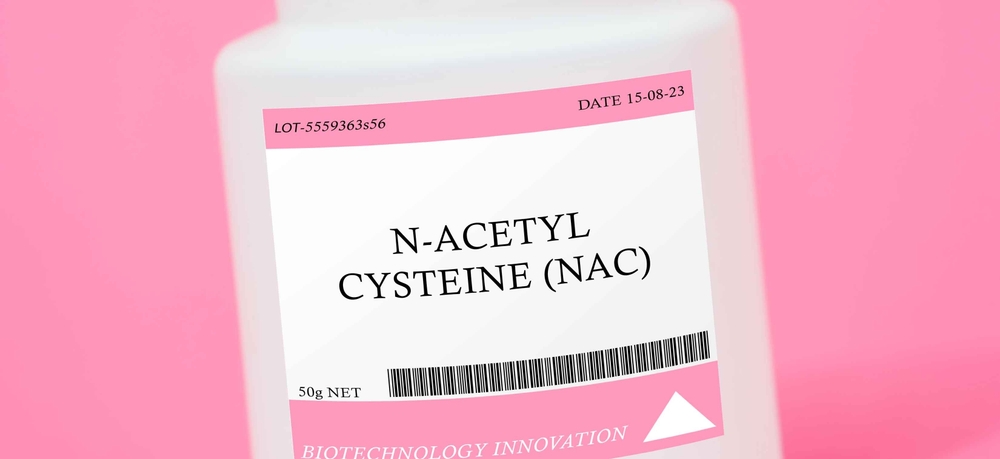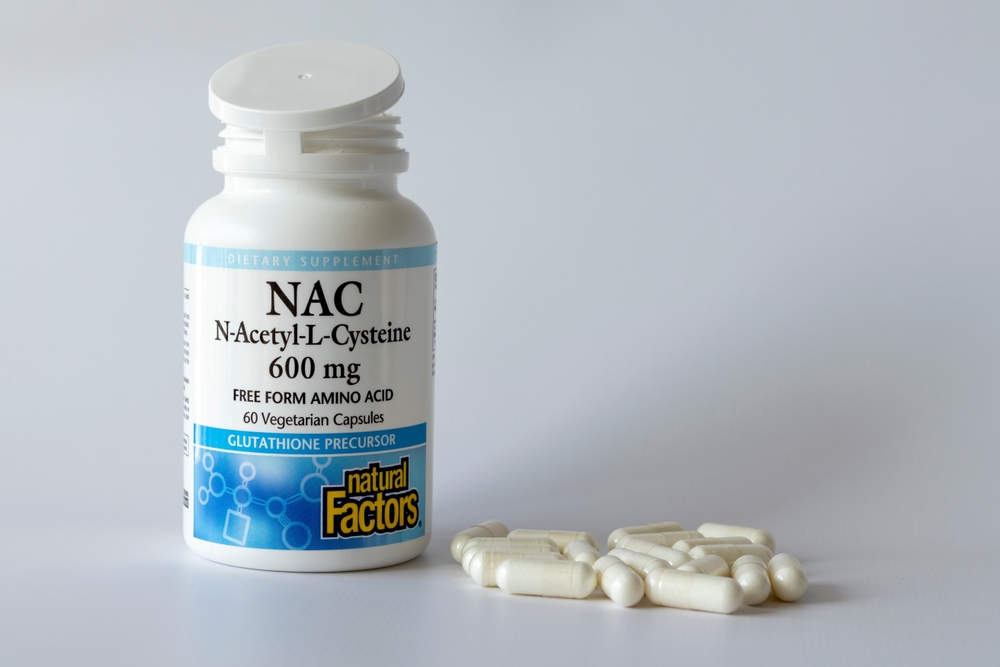A research group at the Department of Biomedicine of the University of Basel has discovered that the loss of the neurofibromin 1 (NF1) gene leads to a reduced response to Alpelisib, a drug that has been approved for use in Switzerland for the past few years as a treatment for advanced breast cancer. The researchers also found that the dietary supplement N-acetylcysteine restores the sensitivity of cancer cells to this treatment. The findings have recently appeared in the specialist journal Cell Reports Medicine. (1)
Researchers Discover Dietary Supplement That Improves Breast Cancer Treatment

Many cancer therapies do not produce the hoped-for results. A common reason for this is that the tumors develop resistance to the medication. This is the case, for example, with Alpelisib, which was approved by Switzerland’s Federal Office of Public Health in 2018 as an innovative chemotherapy drug for advanced breast cancer. However, it does not work in every patient because some tumors lack certain proteins that are needed for their action. (2)
A research group at the Department of Biomedicine of the University of Basel has now discovered that loss of NF1 causes resistance to Alpelisib. The researchers also found that administration of N-acetylcysteine restores sensitivity to this treatment in cancer cells lacking NF1. (3) “As N-acetylcysteine is a safe and widespread additive, this result is highly relevant for clinical research,” says Professor Mohamed Bentires-Alj, head of the research group.
Read More: Cancer Doctor Reveals ‘Common Theme’ Seen Regularly In Patients Before Diagnosis
How It Works

The researchers discovered that NF1 is a key regulator of the expression of two proteins, called P-glycoprotein and MDR1. They also found that in breast cancer cells lacking NF1 these proteins are not expressed at sufficient levels to allow Alpelisib to enter the cell. In order for Alpelisib to work, it needs to enter the cancer cells so that it can bind there with its target protein and induce apoptosis (programmed cell death). When the researchers added N-acetylcysteine to the cells, they found that it restored their sensitivity to Alpelisib. The scientists also discovered that N-acetylcysteine modulates another pathway called autophagy, which is important for cell survival.
Autophagy is a process by which cells degrade their own components. It’s important because it helps to maintain the integrity of the cell and removes damaged organelles (structures within cells) and proteins. N-acetylcysteine also acts as an antioxidant, so it may help to protect against damage to DNA caused by oxidative stress, which is known to play an important role in cancer development.
Read More: Certain Dietary Habits May Be Behind Colon Cancer Rise in Young People, Experts Theorize
Where is N-acetylcysteine Found?

N-acetylcysteine is an amino acid that’s commonly used as a supplement. It can be found in some foods, including meat, eggs, and dairy products. (5) The body also produces it naturally. It has been proposed to be used for the conditions below; however, evidence is lacking:
- Asthma
- Emphysema
- COPD (chronic obstructive pulmonary disease)
- cystic fibrosis
- Pneumonia Liver disease
- Sore throats and colds
- Bronchiolitis (an infection of the smallest airways in the lungs)
- Cytomegalovirus infections (a common cause of bronchiolitis) (4)
Next Steps

The researchers are excited about the potential of N-acetylcysteine to help improve outcomes for late-stage breast cancer patients. They plan to continue testing the supplement in larger trials and are hopeful that it will be approved for use in clinical practice. If you are a woman with breast cancer, talk to your oncologist about whether N-acetylcysteine might be right for you.
Read More: 6 Beverages With Anti-Cancer Properties
Sources
- “Dietary supplement N-acetylcysteine helps overcome treatment resistance in breast cancer.” News-Medical.net. April 11, 2023.
- “Dietary Supplement Could Improve Breast Cancer Treatment.” Scitech Daily. University of Basel. April 20, 2023.
- “Dietary Supplement May Help Combat Drug-Resistant Breast Cancer.” Technology Networks
- “Cysteine” Mount Sinai. Accessed May 12, 2023.
- “N-Acetylcysteine.” MSKCC

